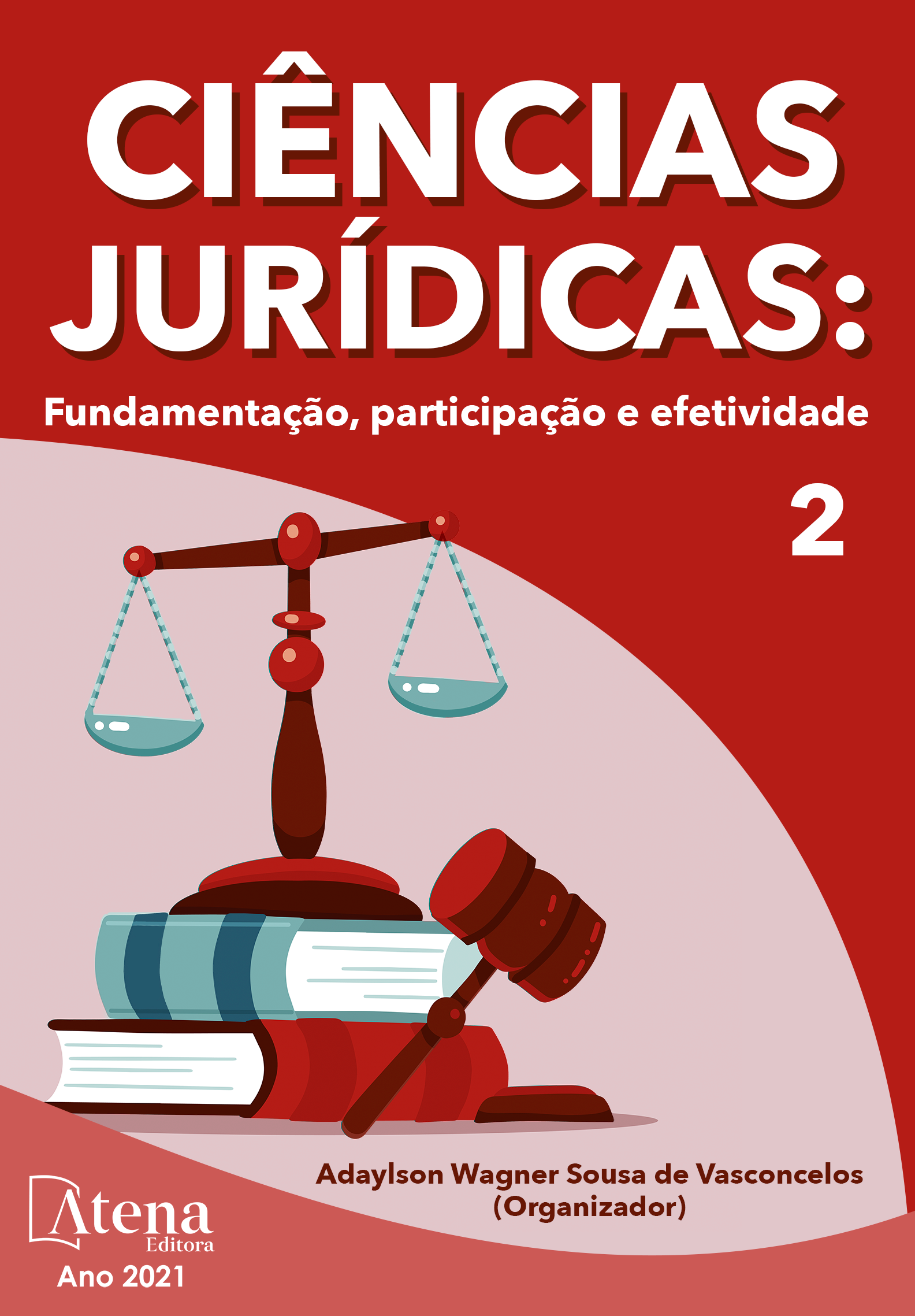
VIOLÊNCIA CONTRA A MULHER: A IMPORTÂNCIA DA LEGISLAÇÃO ESPECÍFICA
Durante o decorrer da história, encontram-se diversos registros de movimentos feitos pelas mulheres em todo mundo em busca de direitos sociais, econômicos, reprodutivos, sexuais e políticos, causando marcos e conquistas legislativas quanto à garantia de proteção e direitos legais. Com a luta pela igualdade de gênero, na forma de ação afirmativa, surgiram no Brasil as leis 11.340/2006 e 13.104/2015, conhecidas como Lei Maria da Penha e Lei do Feminicídio, respectivamente. Essas leis causaram espanto ao tempo de suas implementações, sob os argumentos de que estariam privilegiando as mulheres ao agravar a pena quando se comete crime contra elas. Foi observado que, de forma histórica, a legislação brasileira sempre retardou os direitos das mulheres perante os direitos dos homens, corroborando para uma cultura de inferiorização e de discriminação entre os gêneros. De forma contraria a este pensamento, o presente trabalho tem como objetivo demonstrar que essas leis vieram na forma de políticas públicas, a fim de tentar alterar o contexto social atual, em que as mulheres sofrem violência doméstica e são mortas pelo simples fato de serem mulheres, fazendo com que se cumpra a garantia constitucional de igualdade entre homens e mulheres, de forma isonômica. É notório que as duas leis são conhecidas, pois são amplamente divulgadas, mas não tiveram ainda sua aplicação efetivada plenamente, seja pelo desconhecimento de seu teor, bem como pelo despreparo profissional e estrutural para a sua execução e aplicação, porém melhoraram significativamente os índices de denúncias das referidas violências, sendo fundamentais para a proteção das mulheres.
VIOLÊNCIA CONTRA A MULHER: A IMPORTÂNCIA DA LEGISLAÇÃO ESPECÍFICA
-
DOI: 10.22533/at.ed.9062115065
-
Palavras-chave: Mulher, violência doméstica, feminicídio
-
Keywords: Woman, domestic violence, feminicide
-
Abstract:
During the course of history, there are several records of movements made by women around the world in search of social, economic, reproductive, sexual and political rights, causing milestones and legislative achievements regarding the guarantee of protection and legal rights. With the fight for gender equality, in the form of affirmative action, laws 11.340/2006 and 13.104/2015, known as the Maria da Penha Law and the Feminicide Law, respectively, appeared in Brazil. These laws caused astonishment at the time of their implementation, on the grounds that they would be privileging women by aggravating the penalty when committing a crime against them. It was observed that, historically, Brazilian legislation has always delayed women's rights compared to men's rights, corroborating a culture of inferiority and discrimination between genders. Contrary to this thinking, the present work aims to demonstrate that these laws came in the form of public policies, in order to try to change the current social context, in which women suffer domestic violence and are killed simply because they are women, ensuring that the constitutional guarantee of equality between men and women is fulfilled, in an isonomic way. It is well known that the two laws are known, as they are widely disseminated, but have not yet been fully implemented, either due to the lack of content, as well as the professional and structural unpreparedness for its execution and application, but significantly improved the rates of denunciations of the referred violence, being fundamental for the protection of women.
-
Número de páginas: 18
- Maria Julia Marco de Souza
- Erika Chioca Furlan


